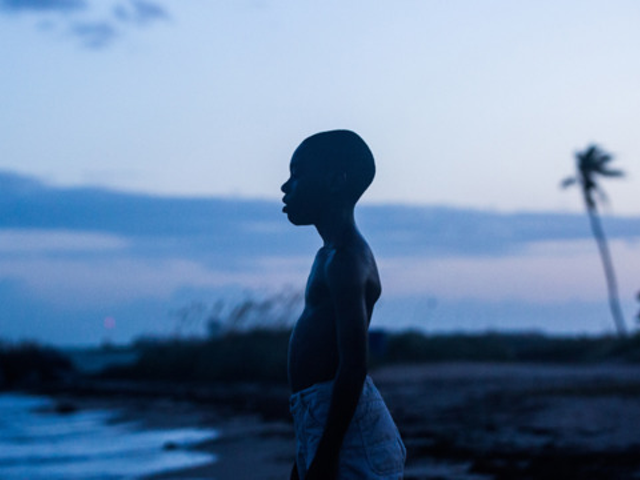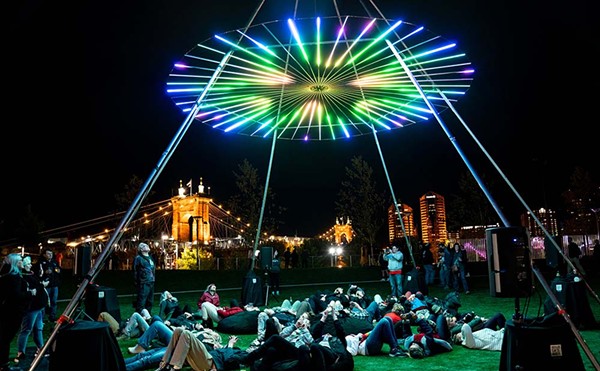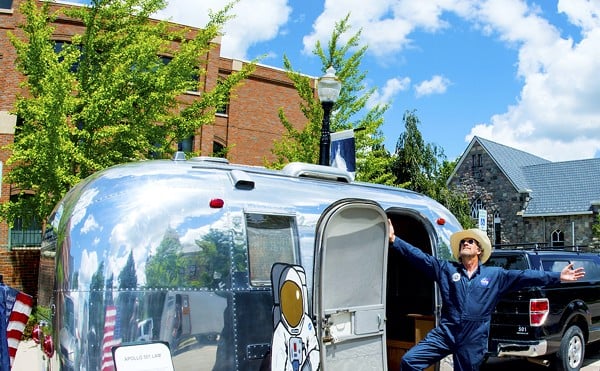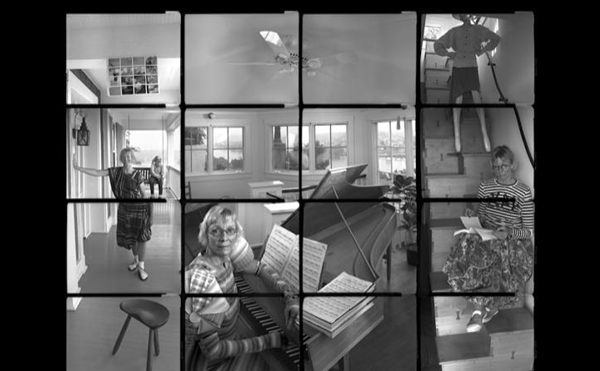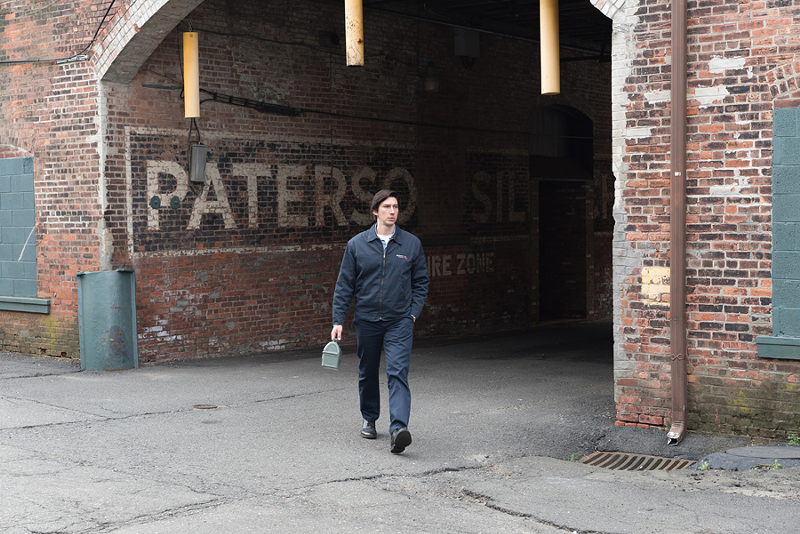
The film documents a week in the life of Paterson, an everyman Williams acolyte who is loath to let anyone in on his poetic secret identity. He ably disguises his probing gaze, which happens to be his superhuman power. Nothing escapes his vision; he not only sees all, but he also acknowledges the value and purpose of all things.
And each day begins when he opens his eyes and spies the sleeping form of his wife Laura (Golshifteh Farahani). Love is born. Jarmusch and Driver create the sense that Paterson sees her each morning as if for the first time. There is heart-stopping wonder and breathtaking fear in such love, but Paterson seems to appreciate that to stand before it requires steadfast commitment.
Williams, too, captures the essence of this in his poem “A Love Song,” which opens with “What have I to say to you / When we shall meet?” Williams then goes on, “The stain of love / Is upon the world.”
The man Paterson in the film Paterson, unlike almost everyone else in this modern age, takes the time to trace love’s movement before him. Whether sitting alone with his morning breakfast, during his meditative walk to the bus depot or while driving his bus through the streets of his beloved city, Paterson never forgets to pay attention to it.
Of course, such heightened sensitivity to love’s — and life’s — beauty should come as no surprise to filmgoers familiar with Jarmusch. The writer-director — an Akron, Ohio native —throughout his career has found and revealed the lyric journey of love across landscapes both absurd and mundane.
From Stranger Than Paradise, Down by Law and Night on Earth, where the trips allow audiences to share a quiet backseat on the road to hip nowheresvilles, to Ghost Dog: The Way of the Samurai, Jarmusch refuses to let plot or spectacle get in the way of the minute treasures hidden in plain sight.
That’s an essential aspect of what makes his previous effort Only Lovers Left Alive so special. It is the story of vampire lovers (Tilda Swinton and Tom Hiddleston), alive for centuries, who have drifted apart but found themselves tossed together again to question their ongoing existence.
When you have witnessed the birth of the great chapels and empires, the first stroke of the pen laying down the literary canon and the recording of the musical revolutions, they wondered, what else remains?
Paterson, both the man and the film, offers a simple yet courageous answer to those questions: Life, in all its never-ending potential, itself remains, because there is always more to come. More romance, more empires, more revolutions. More to watch for, and that is what Paterson so astutely models for us.
Jarmusch benefits from the genius of his casting because there is lyric grace in the wide face of Driver and in his wiry frame. Here, he has none of the coiled aggression we’re familiar with from Lena Dunham’s HBO series Girls, the seething rage of his Kylo Ren from Star Wars: The Force Awakens or the eager faith of his priest in Martin Scorsese’s Silence. Instead, this man Paterson feels like the spiritual cousin to Jarmusch’s vampires. He is unhurried, but aware that life is fleeting.
But somehow, in his short life, he has already discovered the secret to eternal life. You’ve got to live and pay homage to the people and experiences that make up the moments. Everything matters.
That brings us, and the film, back to Williams and his ode to love:
“How can I tell / If I shall ever love you again / As I do now?”
Each day that he rises gives Paterson another opportunity to offer poetic testimony to love and life. Jarmusch reminds us that love gets renewed moment by moment. (Opens Friday at The Esquire) (R) Grade: A

